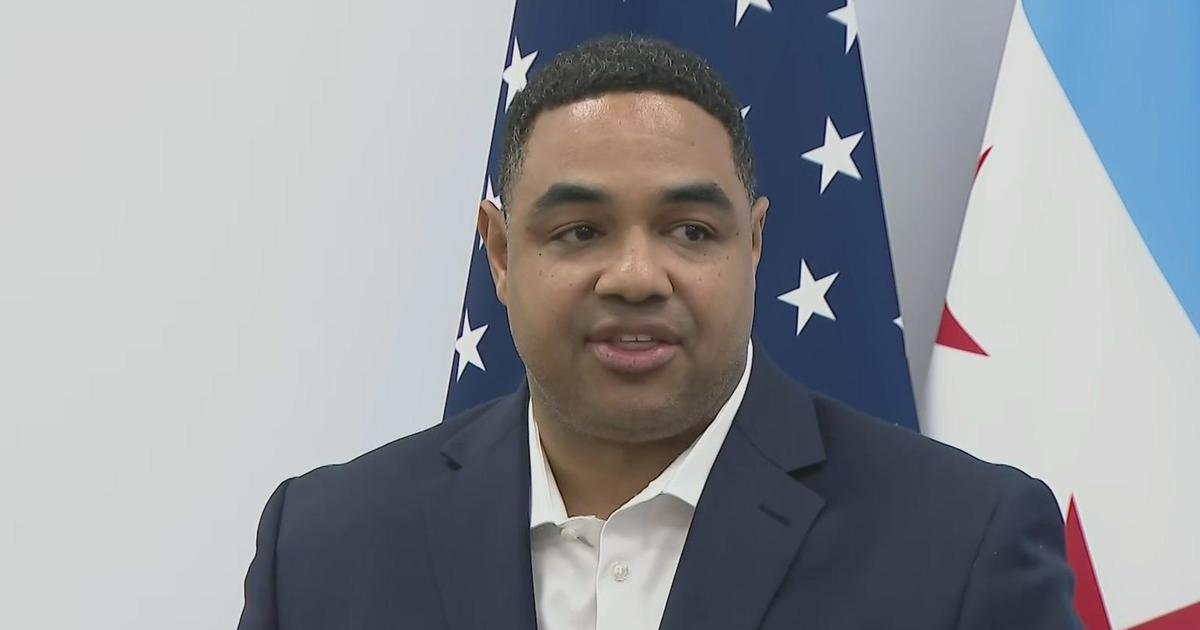Need Reading Glasses? Maybe Not For Long
(CBS) -- No matter how good your vision is, reading glasses are almost a given for people of a certain age.
As CBS 2's Marissa Bailey explains, a new cutting-edge procedure could eliminate the need for reading glasses altogether and it could be available soon.
If you or someone you know has reading glasses, chances are you have several pairs.
The medical condition is known as presbyopia, or difficulty focusing on small objects up close.
Everybody over 45 becomes presbyopic. And there are tens of millions of people over the age of 45 who need reading glasses alone.
Dr. Colman Kraff of the Kraff Eye Institute led a federal study to correct presbyopia with a new procedure called corneal inlay.
"We create a small aperture in the eye by putting this inlay in the cornea," Kraff says. "It increases the depth of focus in an individual's eye."
The procedure is not yet approved by the FDA but 20 volunteer patients in Chicago have undergone the 15-minute surgery.
Dennis Lesiak underwent the procedure five years ago in one eye.
When you take a close look, the inlay is barely visible in Lesiak's left eye. But a look from just the right angle, with just the right lighting, and you can see it clear as day.
Lesiak says it's a small price to pay for being free of reading glasses.
"It's worked out wonderfully for me," he says. "My vision is the same as it was when I had the procedure as it is right now."
This may sound like a miracle procedure, but candidates must have good vision and only need glasses for reading. Even then, it's not for everyone.
"We don't know yet the effect of putting a corneal inlay in a patient that's had prior Lasik surgery," Kraff says.
Minneapolis Ophthalmologist Ralph Chu is conducting a similar FDA corneal inlay study that is more like an implantable contact lens.
"This will be bigger than Lasik in the ophthalmology community," Chu predicts.
He says all surgery is risky, but when it comes to his patients, so far, so good.
Dr. Kraff's study was submitted for approval this year but the FDA asked for more long-term study results.
It's up for approval again sometime next year. Right now, the procedure costs anywhere from $3,500 to $5,000 in approved sites overseas. The lens being studied in Minneapolis is probably two years away from approval.



